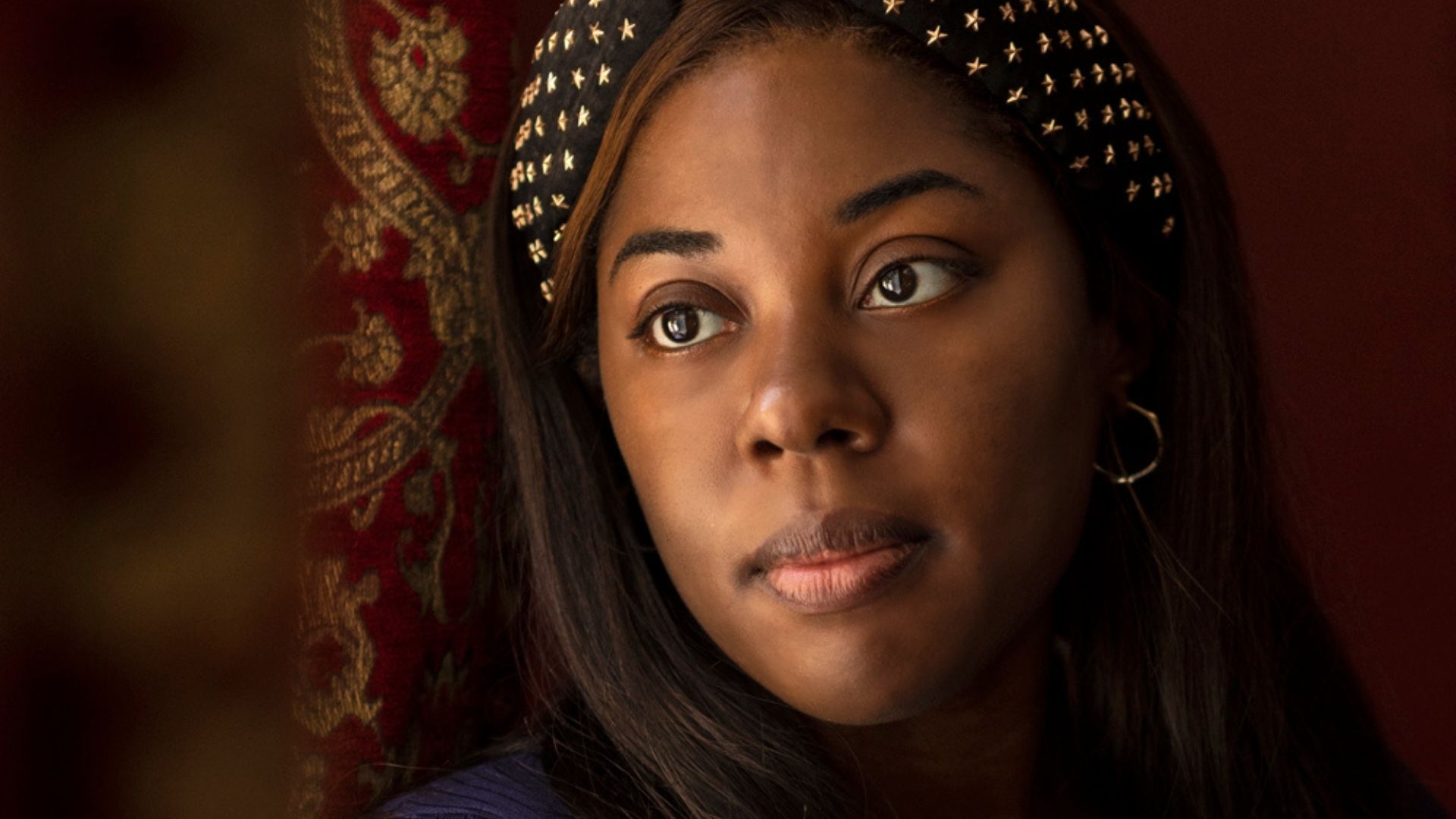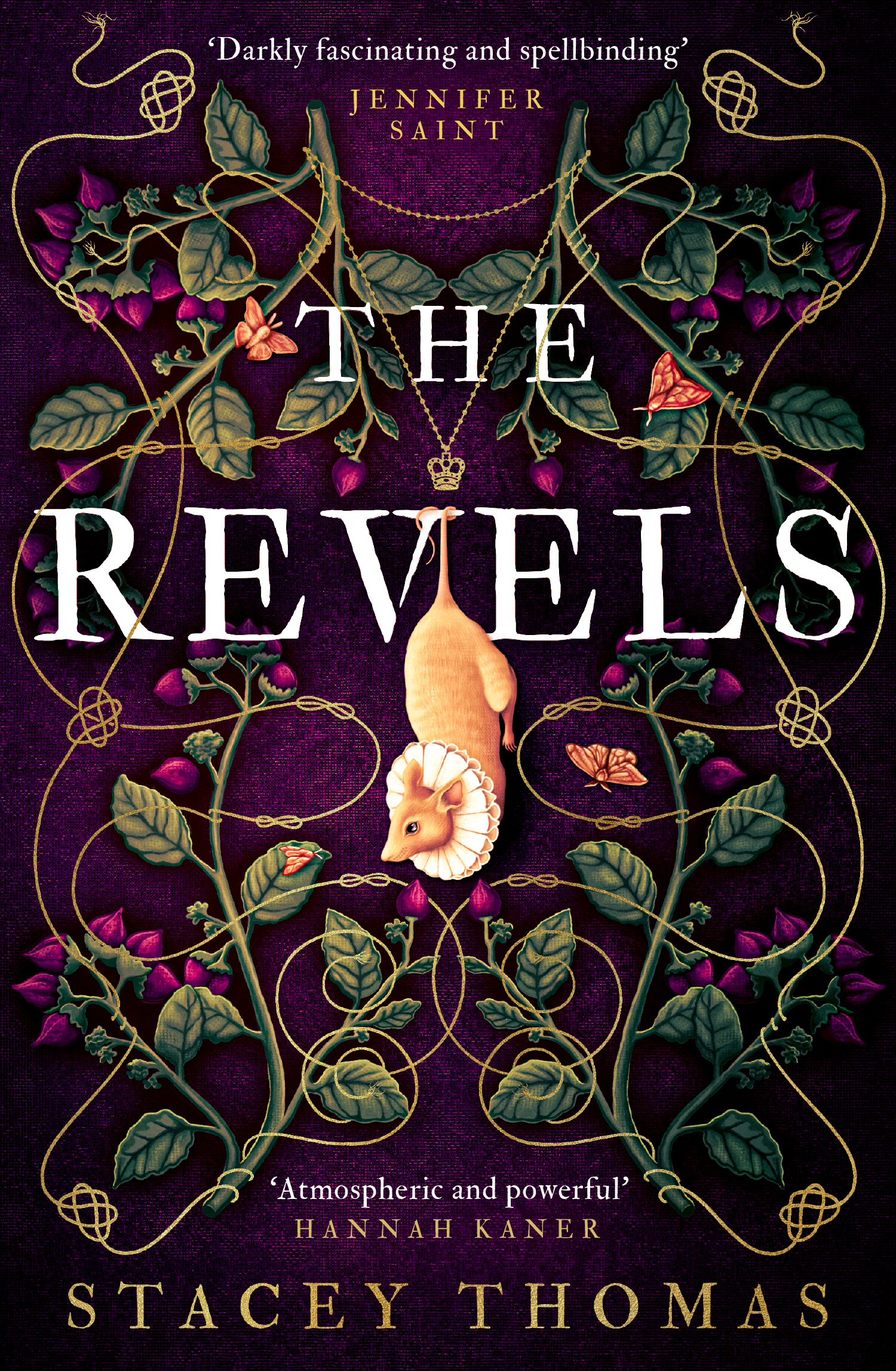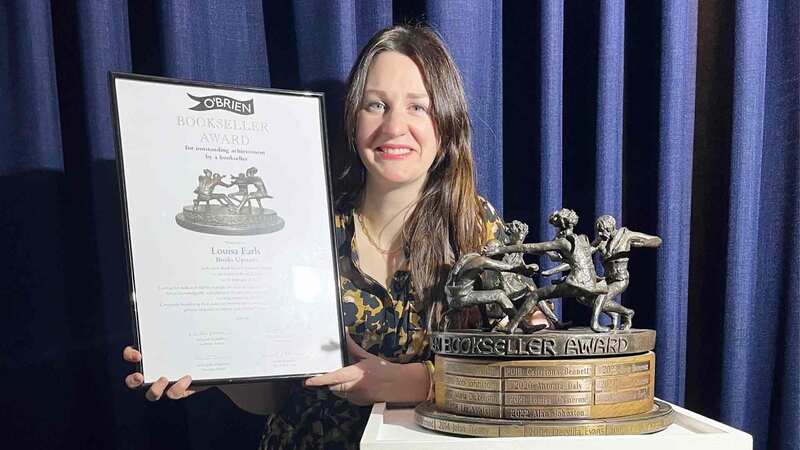You are viewing your 1 free article this month. Login to read more articles.
Stacey Thomas in conversation about her 17th century set debut
 Natasha Onwuemezi
Natasha OnwuemeziTasha Onwuemezi is associate editor of The Bookseller and a freelance writer and editor.
Set in the 17th century, Stacey Thomas’ début The Revels follows an aspiring playwright who is apprenticed to a notorious witch-hunter during the witch trials but is harbouring a dark secret: he can hear the songs of the dead. Thomas was awarded the Clare Mackintosh Scholarship for Black Writers, which resulted in a year’s mentoring from Mackintosh and a free place on the Curtis Brown Creative novel writing course. That same year, The Revels won HarperCollins’ inaugural Killing It Competition for Undiscovered Writers and was longlisted for the Morley Lit Prize. She talks to Natasha Onwuemezi about her publication journey.

Tasha Onwuemezi is associate editor of The Bookseller and a freelance writer and editor.
Can you tell us about your publication journey and your acquisition experience?
I started researching The Revels during lockdown. I hadn’t yet found my voice, but the encouragement I received from Amy Mae Baxter of Bad Form gave me hope that it was only a matter of time. Within a matter of months two things happened: I won a space on the Curtis Brown Creative (CBC) Novel Writing course, courtesy of the wonderful [author] Clare Mackintosh; and I also won the HarperCollins Killing It Competition for Undiscovered Writers, which meant I received a manuscript report and mentoring sessions with editor and author Phoebe Morgan.
The support I received from CBC, Clare and Phoebe was invaluable in helping me to find my voice and get an agent. I then went through three and a half rounds of edits with my agent Liza DeBlock before we went on submission. I then ended up signing with Katie Seaman at HQ Stories. My journey to publication has been one of the most exhilarating but nerve-racking experiences of my life. It’s made me realise how lucky I am to have people in my corner who are passionate about the book I have written—and all the others I have yet to write.
How did you find working with Clare Mackintosh?
Being mentored by Clare Mackintosh was such a life-changing experience. I had always admired Clare as a writer, but it was only after meeting her for the first time that I realised how kind and supportive she is too. Clare opened the door to a world that can sometimes seem closed off by introducing me to other authors, answering my numerous questions about the publishing industry and helping me to get started with my own newsletter after I expressed how in awe I was of hers, which I think is brilliantly curated.
Where did the idea for The Revels come from?
I’ve always been fascinated by 17th-century English witch trials, specifically the legacy of Matthew Hopkins, Witchfinder General. He was only in his twenties when he began persecuting witches. I’ve often wondered why someone would choose to become a witch-hunter—a genuine belief in the supernatural? The financial incentive? Or the opportunity to amass untold power? The Revels is my attempt at answering this question.
What are the main themes you explore in your novel?
Grief is one my story’s main themes. My main character Nicholas can hear the dead sing and I use his ability to explore his grief at the loss of his mother and brother. The story’s plot is buoyed by the grief of the people he encounters.
Gender dynamics is another important theme. Women in the 17th century were more than just damsels in distress. They could be heroes and even villains, as seen from the real-life case of Christian Caddell, Scotland’s only female witch-pricker. I came across Christian’s story during my research and was really intrigued by women who chose to lean into the misogyny of the day and manipulate the witch hysteria for their own gain.
It’s a bit ironic, but my book also explores why people choose to write about witches. King James published Daemonologie in 1597. He later—and in a time before advances!—awarded Thomas Potts the keepership of Skalme Park for his account of the Pendle Witch Trials.
There was an obvious financial and political incentive in writing about witches. However, my main character, who is an aspiring playwright, is less motivated by money and more by the chance to regain control of his life. His efforts backfire and the story follows his attempts to reshape the dangerous narrative he has penned.










